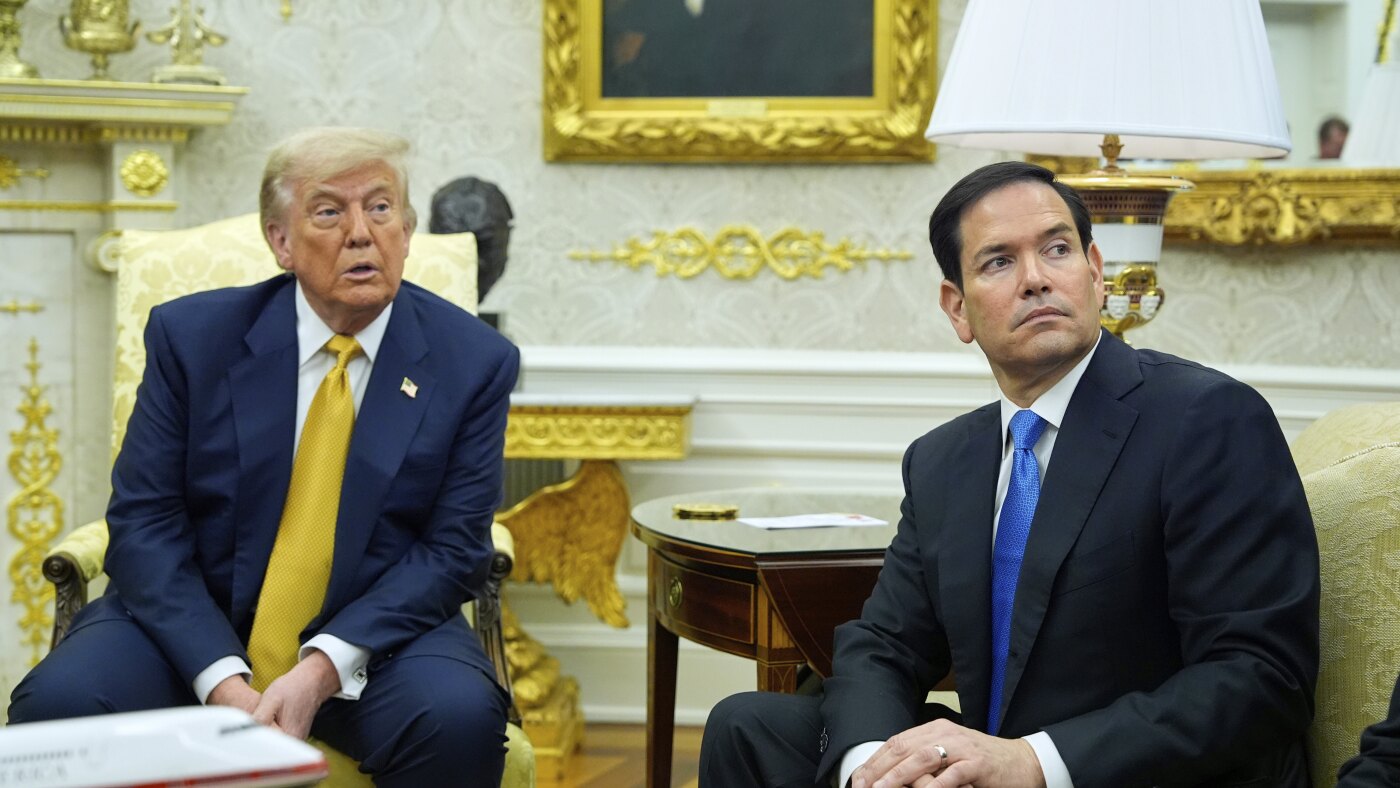The University of Michigan (U-Mich) is facing backlash after it charged 11 current and former students over protests against the violence in Gaza. The possible penalties range from suspension to a permanent ban from campus.
Among those targeted are key members of various student groups advocating for Palestinian rights, including the Tahrir Coalition, Students for Justice in Palestine, and others. These students have been vocal about their opposition to the U.S. and Israeli actions in Gaza, which many label as genocide.
In a statement from July 21, the Tahrir Coalition claimed the university initiated these charges between mid-June and early July. The charges have drawn criticism nationwide as a suppression of free expression and a targeted attack on those who protest against perceived injustices.
The International Youth and Students for Social Equality (IYSSE) is demanding that U-Mich drop all charges. They argue that the students are facing a “witch-hunt” for merely voicing their dissent against what they see as oppressive actions in Gaza. They emphasize the importance of solidarity among students and workers, urging collective action against university repression.
While these events unfold, the atmosphere on campus appears charged, with conversations about free speech and protest rights flooding social media. Many are expressing their outrage over the disciplinary actions. Research indicates that university campuses across the U.S. are increasingly hostile to student activism, which raises questions about academic freedom and the space for dissenting voices.
In previous years, protests related to social justice issues elsewhere have also faced harsh penalties. For example, during the Black Lives Matter protests in 2020, many students faced disciplinary actions for their involvement. This trend highlights a larger problem of how institutions manage dissent, often prioritizing their reputations over students’ rights to protest.
Data from the Foundation for Individual Rights and Expression (FIRE) shows that over 40% of students believe their campus culture discourages political activism. This statistic offers insight into how students are increasingly feeling the pressure to remain silent on pressing issues.
The U-Mich controversy is not isolated. Similar actions are reported at other universities, raising alarms over the chilling effects of such policies. Critics assert that these actions reflect broader political trends, suggesting a targeted effort to suppress dissent at various educational institutions, particularly regarding international issues.
Recent changes at U-Mich, such as hiring private investigators to monitor protests and revising the student conduct code, exemplify a move towards more authoritarian measures. This shift raises concerns not only locally but also as part of a national conversation on academic freedom and students’ rights.
As protests grow and public attention increases, how U-Mich and other institutions navigate these cases could impact the future landscape of student activism.
Source link
University of Michigan, U-Mich, Gaza, genocide, Palestinian, antisemitism, protests, Tahrir Coalition



















